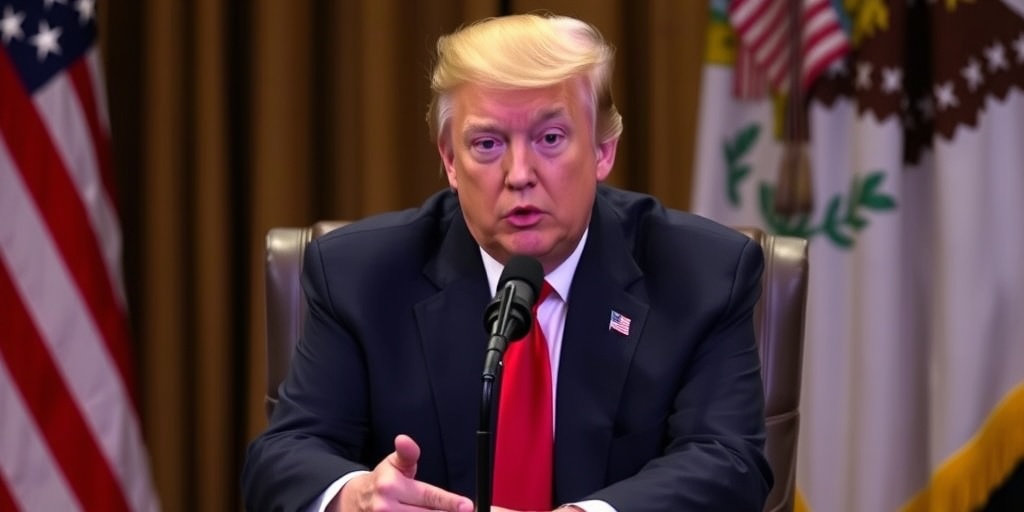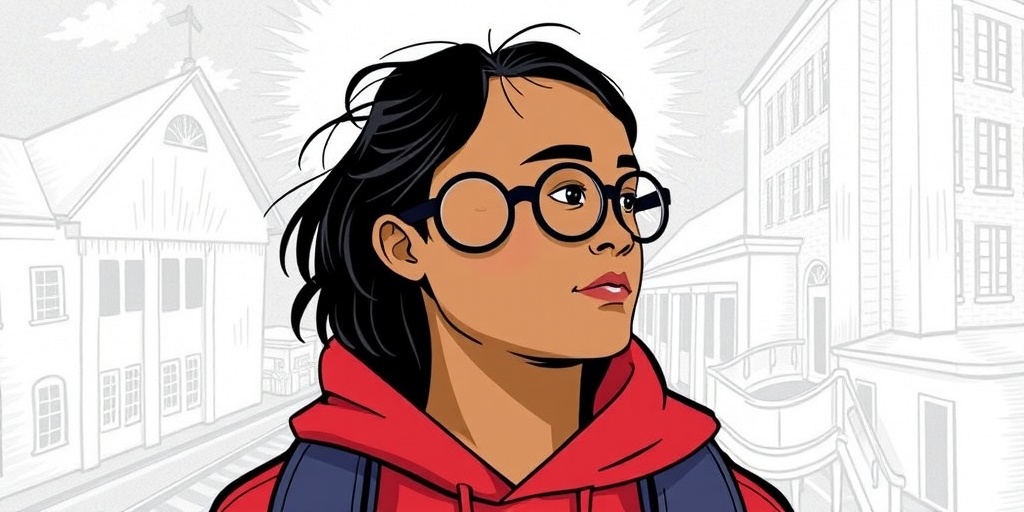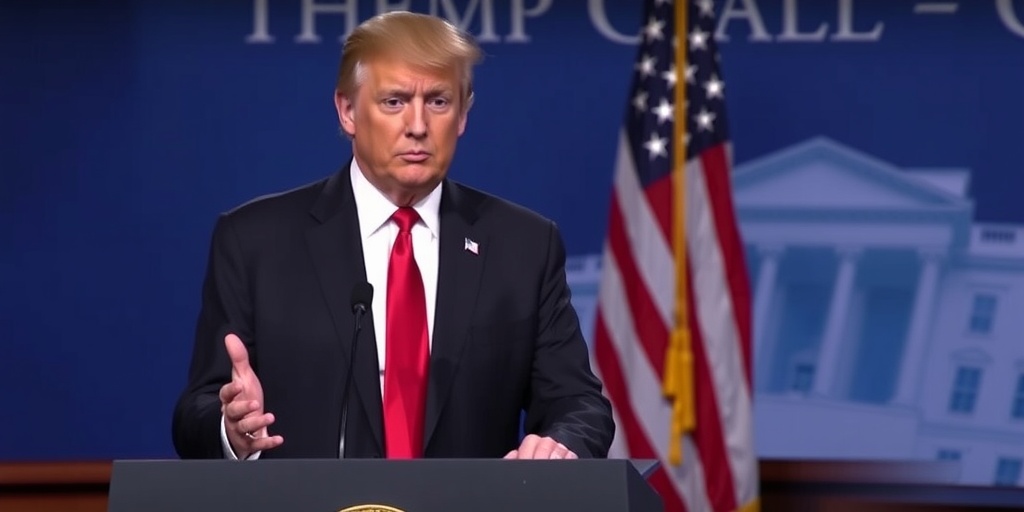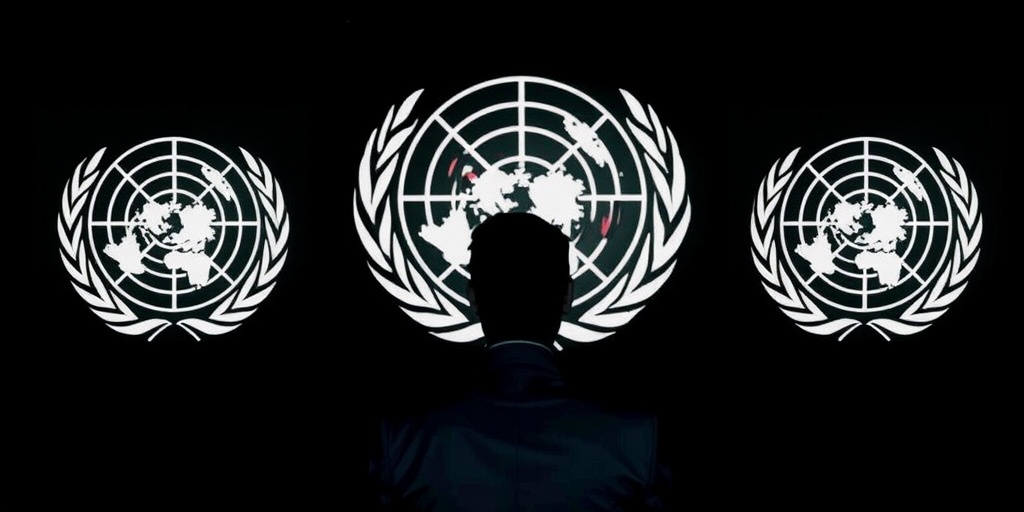Now Reading: Trump Signs Order to Delay TikTok Ban
-
01
Trump Signs Order to Delay TikTok Ban
Trump Signs Order to Delay TikTok Ban

Title: President Trump Delays TikTok Ban Amid Legal and National Security Scrutiny
In a surprising move, President Trump has signed an executive order delaying the enforcement of a federal ban on the widely popular social media app TikTok. This order, one of Trump’s initial actions after assuming office on Monday, aims to stall the ban that took effect on Sunday for a minimum of 75 days. The announcement has left many questioning the legal implications of such a directive, especially in light of the law that mandates either the sale of TikTok—owned by the Chinese company ByteDance—or its outright ban in the United States.
The executive order instructs the attorney general to refrain from enforcing the TikTok ban, creating an opportunity for the Trump administration to consider its options. However, the legality of this order remains contentious. Legal experts and lawmakers have raised concerns about whether a president possesses the authority to halt the enforcement of an existing federal law, particularly given the national security issues that prompted Congress to pass the ban in the first place. Heightened concerns about TikTok’s ties to China have fueled the debate over the app’s potential to compromise U.S. national security by enabling the Chinese government to access American user data and propagate propaganda.
The federal legislation that Trump’s administration is attempting to circumvent was put into motion under former President Joseph R. Biden Jr. The law, overwhelmingly passed by Congress, necessitated that ByteDance either divest from TikTok or face its prohibition in the U.S. It outlined strict penalties for app stores and cloud service providers that continue to host the app, signifying a robust governmental effort to address foreign threats to digital privacy and security.
Trump’s actions to delay the ban come at a significant time, as TikTok had briefly suspended its services for U.S. users over the weekend, leading to widespread disappointment among its user base. However, following Trump’s social media declaration promising an executive order, the app was reinstated swiftly on Sunday.
The situation presents a complex web of political maneuvering and public sentiment. TikTok has played an increasingly vital role in American culture and commerce, reshaping how content is consumed and created while providing livelihoods for countless influencers and small businesses. Recognizing this impact, Trump has shifted his stance on the app; during a recent television interview, he acknowledged the importance of TikTok to younger generations, stating that many would go "crazy" without it. In June, he even joined the platform, expressing a newfound appreciation for its capabilities.
Despite his actions, the path forward remains uncertain. TikTok has faced legal hurdles in its attempts to contest the ban, asserting that it violates users’ rights to free speech and the company’s First Amendment protections. The Court of Appeals for the D.C. Circuit upheld the ban in December 2024, and TikTok’s subsequent appeal to the Supreme Court was also denied just days before Trump’s executive order was signed.
Furthermore, the law stipulates a potential 90-day extension for compliance if significant progress towards a sale is demonstrated. However, given that the ban is already in effect, it remains unclear whether such an extension can be granted under the law’s terms. Trump’s executive order introduces additional ambiguity as it pushes against the established framework of federal law.
Legal experts express skepticism regarding Trump’s authority to single-handedly delay enforcement, especially following the Supreme Court’s recent affirmation of the law. The potential for immediate legal challenges looms as companies impacted by the ban could argue that the executive order does not relieve them of legal liabilities. With national security concerns at the forefront, many question the implications of Trump’s attempt to override the legislative protections that Congress has put in place.
Trump has expressed a commitment to exploring deals that could ensure security while allowing TikTok to continue operating in the U.S. On Twitter, he highlighted that he would not penalize companies that might have violated the law in their efforts to keep the app available for users. This indicates a deliberate approach aimed at balancing national security with user demand and corporate pressures.
As this situation unfolds, the implications for the tech industry and digital rights in the United States will continue to be scrutinized. TikTok enthusiasts and influencers alike will be watching closely as the administration takes steps that could either stabilize or destabilize the app’s presence in one of its largest markets. With Trump’s nostalgic tone toward the platform—reinforced by his own experience using it—this saga highlights the complex intersection of technology, politics, and culture in today’s digital age.
Stay Informed With the Latest & Most Important News
Previous Post
Next Post
-
 01New technology breakthrough has everyone talking right now
01New technology breakthrough has everyone talking right now -
 02Unbelievable life hack everyone needs to try today
02Unbelievable life hack everyone needs to try today -
 03Fascinating discovery found buried deep beneath the ocean
03Fascinating discovery found buried deep beneath the ocean -
 04Man invents genius device that solves everyday problems
04Man invents genius device that solves everyday problems -
 05Shocking discovery that changes what we know forever
05Shocking discovery that changes what we know forever -
 06Internet goes wild over celebrity’s unexpected fashion choice
06Internet goes wild over celebrity’s unexpected fashion choice -
 07Rare animal sighting stuns scientists and wildlife lovers
07Rare animal sighting stuns scientists and wildlife lovers




















